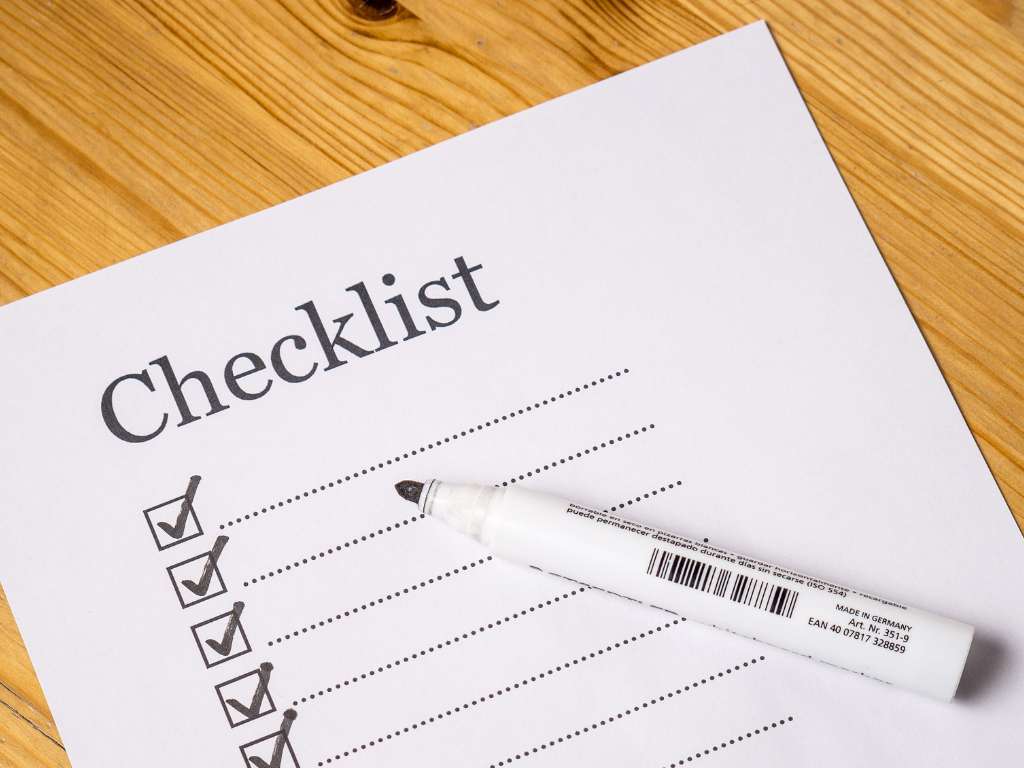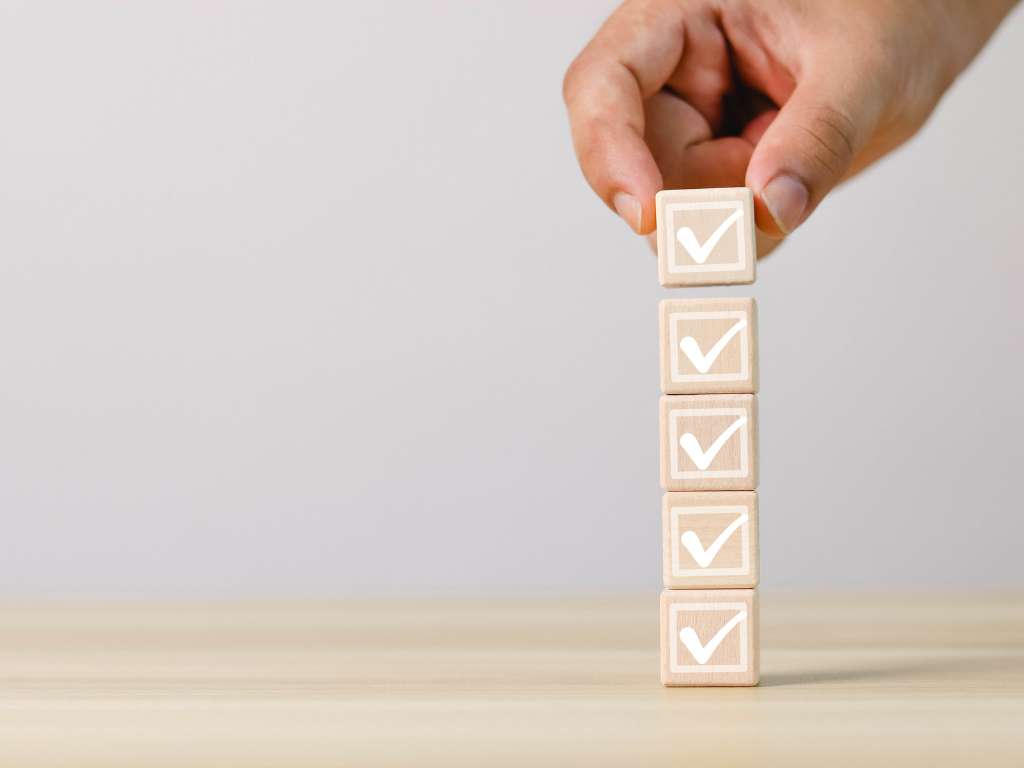How to Win Government Contracts

Winning government contracts is a multi-faceted process that requires careful planning, strategic execution, and a deep understanding of the government procurement landscape. While the steps outlined above provide a general framework for success, diving deeper into each aspect can provide businesses with a more comprehensive understanding of how to navigate the complexities of government contracting. […]
The Benefits Of Hiring The Right Proposal Company

Hiring the right proposal company can be a game-changer for organizations seeking success in the competitive world of government contracting. With the increasing complexity of procurement processes and the growing emphasis on value-driven solutions, having a partner that specializes in proposal development can make all the difference. In this comprehensive guide, we’ll explore the myriad […]
What to Look for in a Proposal Company

In the competitive landscape of business development, the role of proposal companies is pivotal in crafting winning bids and securing lucrative contracts. However, with a plethora of options available, choosing the right proposal company can be a daunting task. To help you navigate this selection process effectively, let’s delve deeper into key factors to consider […]
Price to Win vs. Price to Execute

In public sector procurements, the concepts of “price to win” and “price to execute” represent two distinct approaches to bidding and project execution. While I advocate strongly for using a “price-to-win” approach, there are limitations. There are times when companies price too low and run into challenges during program execution, which can lead to missed deadlines, […]
Exploring the Benefits of Creating a Proposal Team

In the realm of business development, the process of crafting winning proposals requires meticulous planning, specialized expertise, and collaborative effort. This is where the creation of a dedicated proposal team becomes invaluable. Let’s delve into the multitude of advantages that come with assembling a proficient proposal team, and how it can significantly enhance your organization’s […]
Building a Winning Proposal Team: A Comprehensive Guide

In the competitive world of proposal writing, the success of your bid often hinges on the effectiveness of your proposal team. Each member plays a crucial role in crafting a compelling proposal that meets the client’s needs and stands out from the competition. In this comprehensive guide, we’ll delve into the key aspects of building […]
Construction Proposal: The Benefits Of Bidding

Bidding on construction proposals can offer numerous advantages for businesses in the construction industry. Here’s an in-depth look at some of the key benefits: Business Growth Opportunities: Winning construction bids can lead to new contracts and projects, allowing construction companies to expand their portfolio and grow their business. With each successful bid, companies can enhance […]
What Should A Construction Proposal Include?

The introduction of a construction proposal serves as the first impression of your company. It’s an opportunity to establish credibility and build rapport with the client. Start by introducing your company, including its name, history, and areas of expertise. Highlight any unique selling points or competitive advantages that set your company apart from others in […]
The Benefits of Creating a Proposal Checklist

In the competitive world of government contracting, the ability to consistently produce high-quality proposals is essential for success. One effective tool that can significantly enhance the proposal development process is a comprehensive proposal checklist. In this guide, we’ll explore the numerous benefits of creating and using a proposal checklist. Improved Organization and Efficiency: A well-structured […]
Your Proposal Checklist Guide

In the competitive landscape of business, crafting a compelling proposal is essential for securing new opportunities, winning contracts, and driving growth. However, with various elements to consider and potential pitfalls to avoid, it’s easy to overlook critical details that could make or break your proposal’s success. To ensure you’re well-prepared to create a winning proposal, […]
